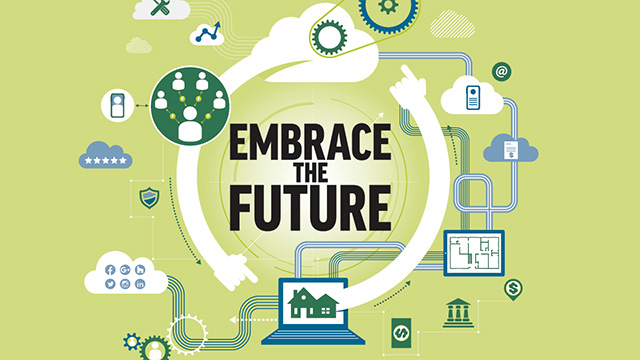
Exploring the Future Beyond Open Science
Exploring the Future Beyond Open Science https://opusproject.eu/wp-content/uploads/2023/12/LEAD-IMAGE.jpg 640 360 Open and Universal Science (OPUS) Project Open and Universal Science (OPUS) Project https://opusproject.eu/wp-content/uploads/2023/12/LEAD-IMAGE.jpgOpen Science has transformed the way we conduct and share research, fostering collaboration, transparency, and accessibility. As we bask in the benefits of this revolutionary approach, it’s natural to wonder, “What comes next?” The future beyond Open Science holds exciting possibilities that extend beyond the realms of traditional research practices.
- Global Collaboration:
Open Science has laid the foundation for global collaboration, breaking down barriers and connecting researchers from around the world. Looking ahead, we can anticipate even more extensive networks and partnerships, with diverse teams coming together to tackle complex challenges. The future might see an increase in interdisciplinary collaborations, combining expertise from various fields to address multifaceted issues.
- Open Data 2.0:
While Open Science has encouraged the sharing of research data, the future might witness a more advanced version of open data. This could involve not only sharing raw data but also providing comprehensive metadata, interactive tools, and user-friendly interfaces, making data more accessible and understandable for a broader audience, including the general public.
- Technological Integration:
The future of research will likely be closely intertwined with emerging technologies. Artificial Intelligence (AI), machine learning, and advanced analytics may play a more significant role in data analysis, helping researchers draw insights more efficiently. Additionally, Virtual Reality (VR) and Augmented Reality (AR) could revolutionize how we experience and understand scientific concepts.
- Ethics and Responsibility:
As we move forward, addressing ethical considerations in research becomes increasingly crucial. The future of science may emphasize responsible conduct, ensuring that research is conducted with integrity, respect for privacy, and a commitment to social and environmental sustainability.
- Citizen Science Participation:
The integration of citizens into the scientific process may become more prevalent. Engaging the public in data collection, analysis, and interpretation can provide valuable insights and democratize the scientific process. The future could see an increase in community-driven research initiatives, fostering a sense of shared responsibility for scientific advancements.
- Open Education:
Expanding the principles of openness to education, the future might bring about a shift towards Open Education. This involves making educational resources, research findings, and learning materials freely available, creating a more accessible and inclusive learning environment for people worldwide.
Embracing the Future:
The journey beyond Open Science promises an exciting landscape of possibilities, where collaboration, technology, ethics, and education converge to shape the future of research. Embracing these changes will require a collective effort from the global scientific community, policymakers, and the public. As we navigate this evolving terrain, it’s essential to stay mindful of the principles that underpin Open Science – transparency, inclusivity, and the pursuit of knowledge for the betterment of humanity. The road ahead is sure to be challenging, but the destination holds the potential for groundbreaking discoveries and advancements that will benefit us all.
Photo via Qualified Remodeler
- Posted In:
- Open Science News




